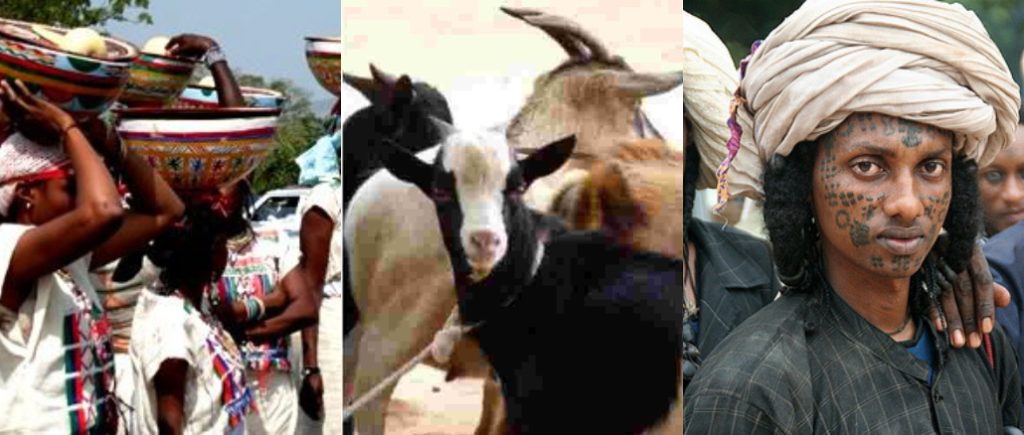- For generations, numerous Fulani communities across northern Nigeria have abstained from eating goat meat
- A practice deeply rooted in cultural traditions, historical influences, and perceived health concerns.
- Despite goat meat being widely consumed across the country, Fulani groups in states such as Sokoto, Kano, continue to avoid it.

For generations, numerous Fulani communities across northern Nigeria have abstained from eating goat meat, a practice deeply rooted in cultural traditions, historical influences, and perceived health concerns.
Despite goat meat being widely consumed across the country, Fulani groups in states such as Sokoto, Kano, Jigawa, Bauchi, and Gombe continue to avoid it, preserving the custom across generations.
The reasons for this tradition vary. Some elders trace its origins back to Usmanu Danfodiyo, the revered 19th-century Islamic scholar and founder of the Sokoto Caliphate. Oral histories suggest that Danfodiyo and his followers avoided goat meat, a habit that many of their descendants have maintained.
Others believe the avoidance stems from the perception that goats are unclean animals. Unlike cows and sheep, which Fulani herders traditionally rear, goats are seen as less desirable for consumption due to their indiscriminate feeding habits, often scavenging for food.
This long-standing cultural practice continues to shape dietary choices among the Fulani, reinforcing a unique aspect of their heritage.
A resident of Kano, Malam Abdullahi, explained;
“Our elders warned us that goat meat can cause diseases like leprosy and asthma. We grew up with this belief, and I cannot bring myself to eat it.”
Similarly, Musa Muhammad, another resident, stated, “Goats eat anything, including dirty things. That is why many Fulani believe their meat is not good for consumption.”
Some Fulani believe that consuming goat meat can cause certain ailments, leading to widespread avoidance of the meat.
However, medical experts have debunked these claims, stating that goat meat is a nutritious source of protein, rich in essential vitamins and minerals.
Despite this, the belief remains strong among many Fulani communities.
A butcher in Bauchi, Umar Garba, remarked, “Even if you serve it unknowingly, a Fulani person will recognize it by its taste and refuse to eat it.”
While a number of younger Fulanis are beginning to doubt this tradition, a significant portion still maintains it out of respect for their elders and their cultural background.




Leave a Reply